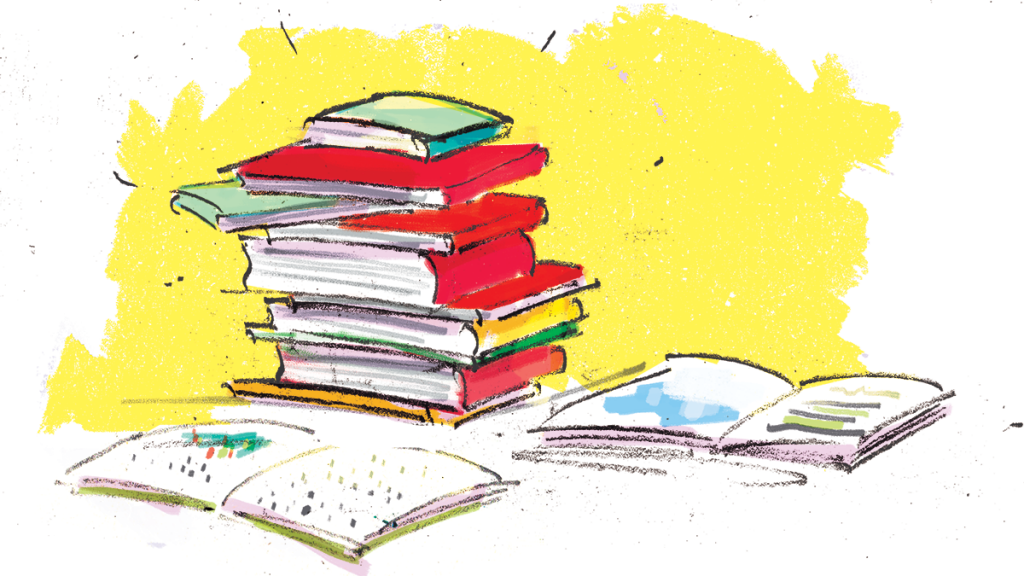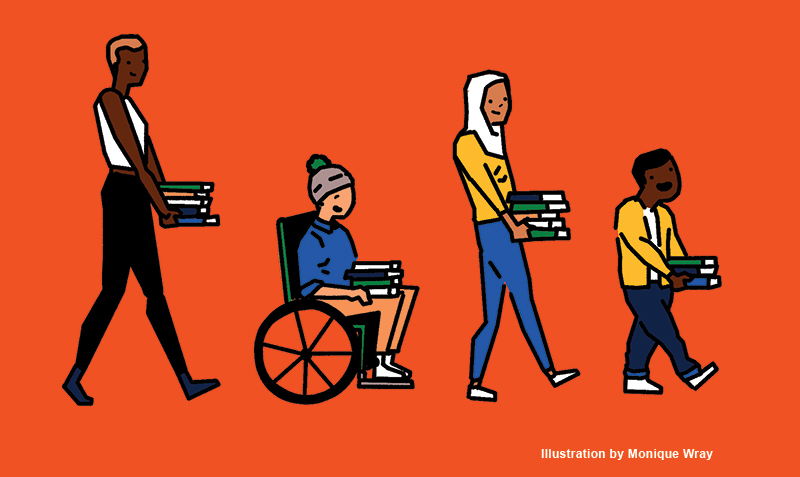Folks and Fairy tales
The method focuses in the use of Art and Culture and more specifically Storytelling, in the Educational process to enhance the Learning process and strengthen Social bonding in the contemporary intercultural classroom. Such an alternative, non-cognitive method, can facilitate any level and every class taught in elementary school. Storytelling can include many other forms of creative expression but its main focus is learning through narration and being able to connect with others via a story and in parallel to learn by the creation of a story that became an essential part of the Teaching method.

The project used as a starting point fairy tales and folk tales from the oral tradition of the culture of the child with refugee/ migrant/ minority background and designed different activities on the basis of it. Storytelling and narration can be applied cross curricula and to almost all the lessons and educational subjects. Furthermore, it can be used in any social group and community work and of all ages. It can be adapted to all ages and group of people.
The recourses required for the method derive from the Arts in general and more specifically from theatre and storytelling techniques. Using paintings, images, slides via paper and new technologies (such as videos, augmented reality etc). A variety of elements can be researched in connection with the subject of the lesson and their ability to transfer knowledge.
The project updscaled the methodology that was implemented in the framework of the Creative Europe project “Cultural Luggage” (www.cultureluggage.eu) which focused on the use of fairy tales and folk tales as a means for the increase of intercultural awareness. Applied in the framework of a classroom, this allowed the children to promote and valorise their cultures and their language. The activities that are included in the method include the following:

- Collection of fairy tales and folk tales from the students of the class as team work. Each child brought fairy tales that were collected from its family or its community. In this way, the classroom collection was developed.
- Narration of the folk tales by the children that have collected them in their language and in the language of instruction
- Painting. The children paint the character from the folk tale that they liked the most
- Collective narration of the folk tale where each of the children narrates a part of the story
- Improvisation and play around different issues that are part of the story (the travel, the conquer, the overcoming of obstacles etc). This can relate also to the experiences of the children from migrant/ refugee/ minority backgrounds. Classroom discussion starting from these issues.
- Development of a theatre performance on the basis of the fairy tales. Dramatization of the fairy tales, division of roles, creation of dialogues etc. The scenery, masks, puppets and other objects become creative objects of inspiration and playing inside the classroom.
An activity based on fairy tales can go through all the stages mentioned above or only few of them. The project aimed to adapt the above mentioned methods in order to use them in multicultural schools and produced a guidance book for this reason.
Furthermore, the project aimed to organise training of teachers in order to upscale the method. The training was organised both face to face and through e-learning with participants all over Europe. The methods were practically implemented in schools, Community centers and Policy networks and were developed to sustain upscaling.

Core Principles
- To make school or a community environment, an attractive place where educators and students would really invest their energy and their dreams.
- To connect knowledge with fantasy, creativity and pleasure, so that students discover more interesting paths full of images and adventures.
- To encourage teachers to re-evaluate their part in the learning process
- To build a new kind of teacher-student relationship
- To help students explore their talents and inclinations
- To develop judgment and non-conventional thinking
- To develop social values encouraging communication, companionship and cooperation
